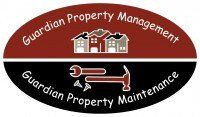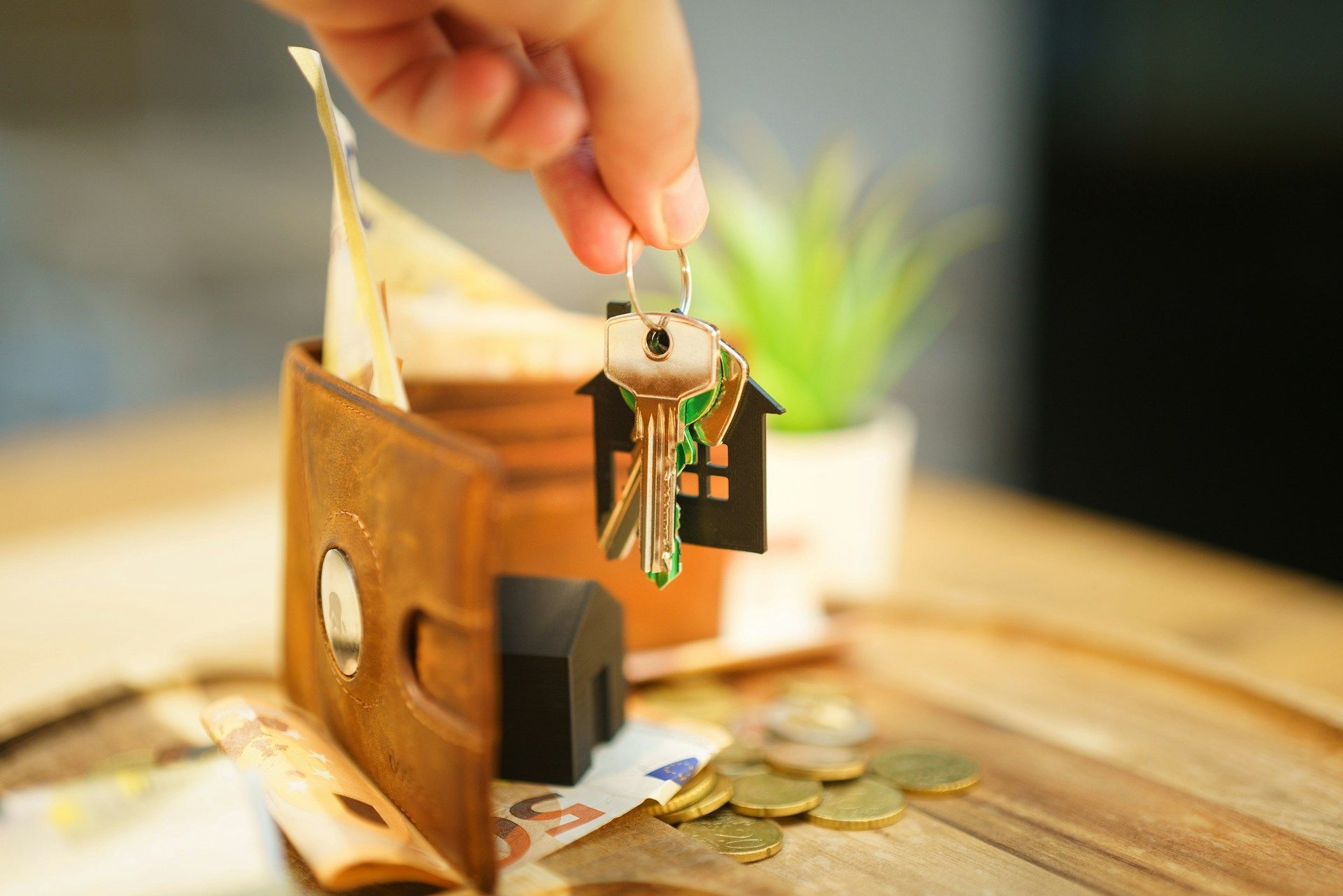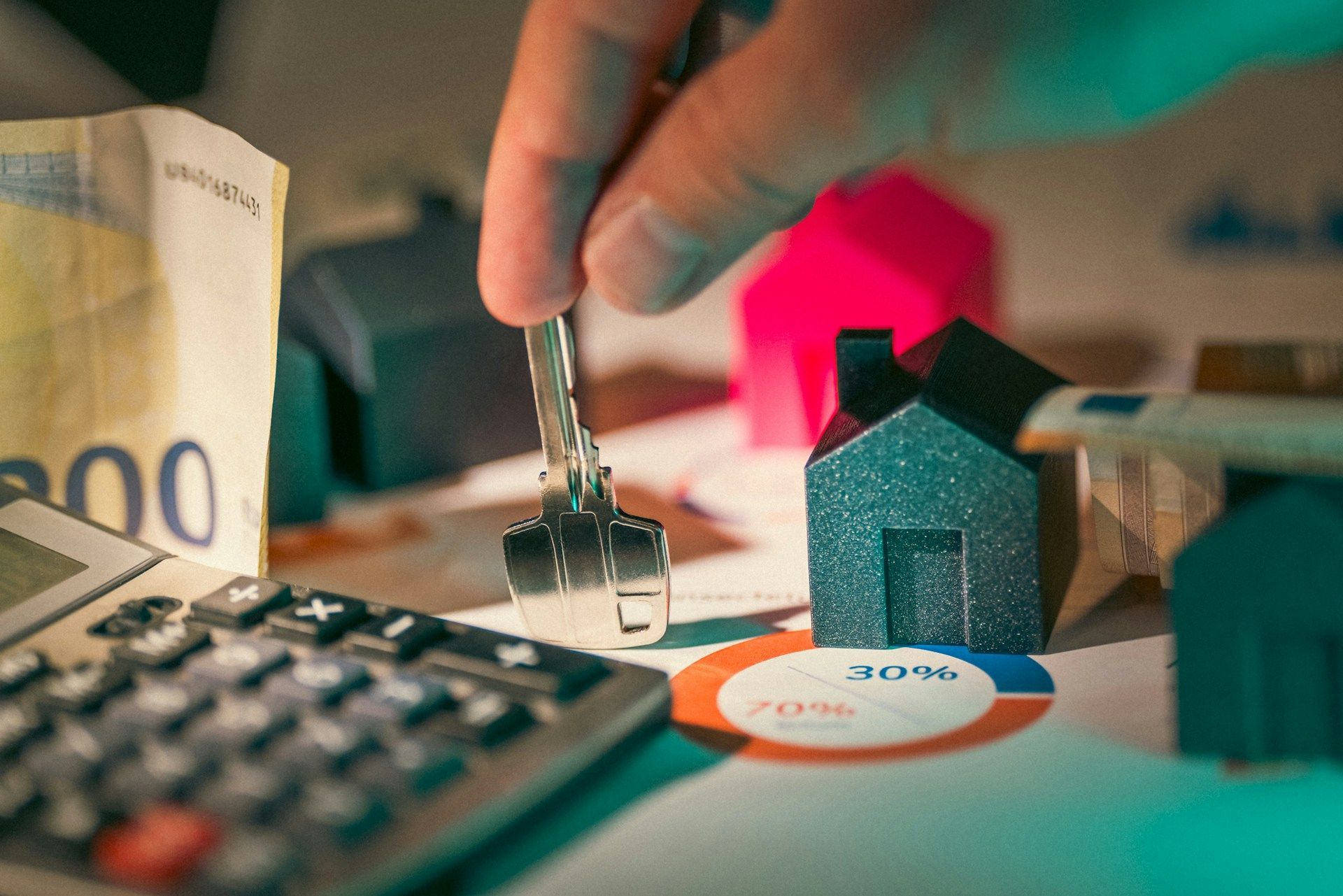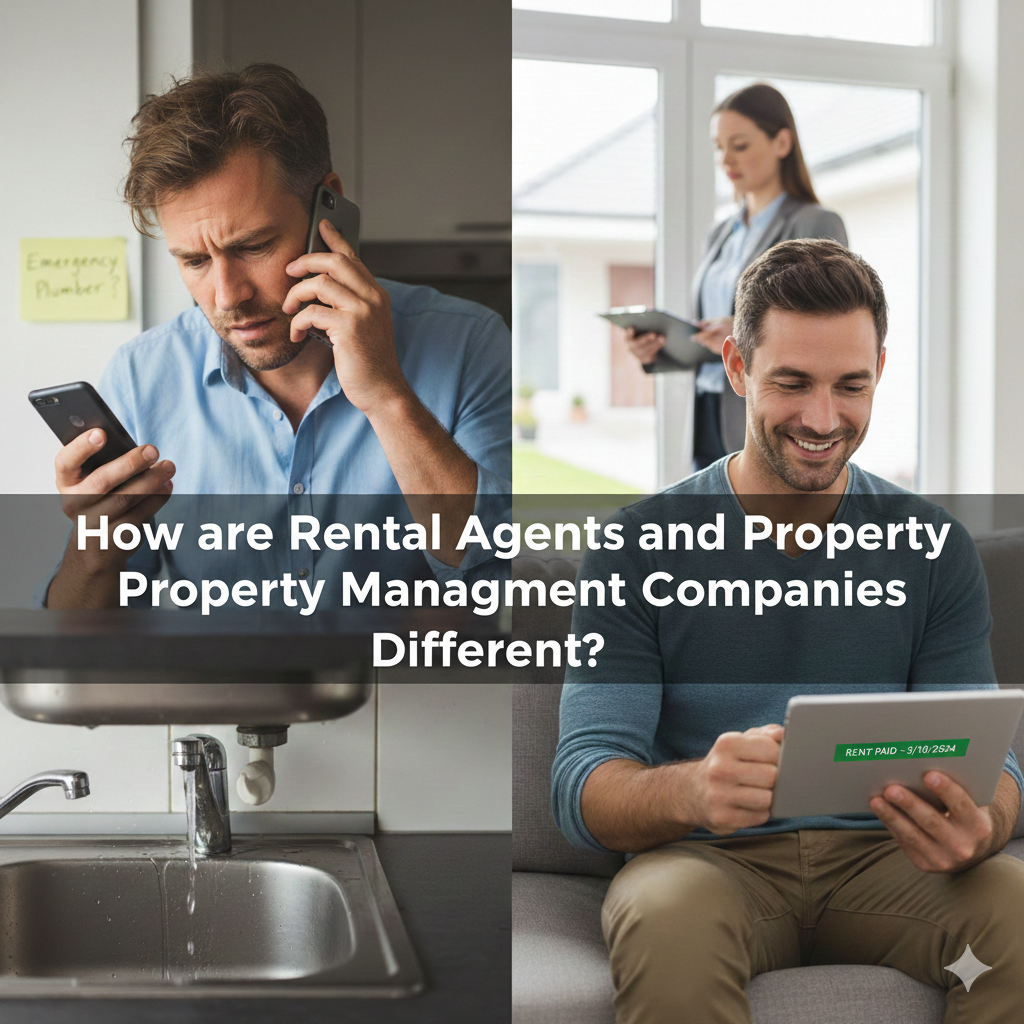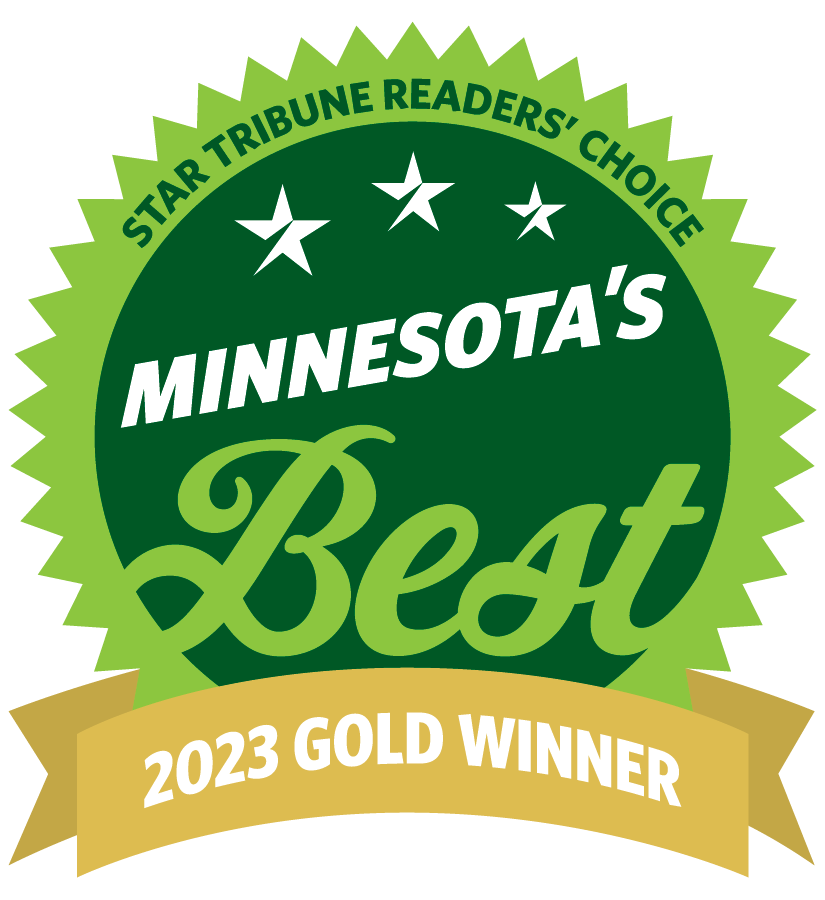A Beginner’s Guide on How to Manage Your First Rental Property
When it comes to buying and owning a rental property, deciding whether you should employ a property manager or go solo can be a tough decision to make. While many real estate investors prefer the convenience of hiring a property manager, learning how to manage your first rental property can be a rewarding and profitable endeavor.
DIY property management can be a rewarding and profitable experience, but having the right property manager will save you from the risks. So, if you're ready to take charge of your rental property business, keep reading to learn how to manage your first rental property.
Responsibilities of a DIY Landlord
Self-management of a rental property can be a challenging but rewarding undertaking. However, before finding out how to manage your first rental property, it is critical to understand the three general areas of responsibility that come with being a DIY landlord.
Tenant Management
Having solid skills in managing people is a must requirement for tenant management. This includes balancing tenant expectations with legal requirements and adhering to state landlord-tenant rules and the Fair Housing Act. Maintaining cash flow while managing tenant complaints and lowering turnover can be tricky.
Property Management
Property management requires ensuring the property is safe and habitable for tenants and the neighborhood. This includes proactive inspections, completing move-in and move-out checklists, and documenting damages to the property to separate regular wear and tear from abnormal damage.
Financial Management
Financial management entails keeping accurate records of income and expenses such as rent, late fees, security deposits, repairs and maintenance, insurance, property taxes, and utilities. Accurate record-keeping is essential to avoid underreporting revenue or overstating spending, which could result in legal problems and penalties.
How to Manage Your First Rental Property?
Let us now look at how to manage your first rental property. Here are six tips to self-manage a rental after purchasing a home and making it rent-ready.
Calculate the Fair Market Rent
Choosing the right market rent is both an art and a science when figuring out how to manage your first rental property. Setting a rent that is too high may discourage qualified tenants, while setting a rate that is too low may result in reduced potential profits.
When determining the rent, several factors should be considered, including the area's median household and per capita income, the demographics of prospective tenants (e.g., singles or families), the median rent charged by competitors, and any property amenities that justify a higher rent, such as an oversized garage or community swimming pool.
Rent Out the Vacant House
Investors and property managers that prefer a do-it-yourself strategy frequently employ online rental listing and tenant screening services. Landlords can use websites like Guardian Property to access a variety of products and services, including:
- Create a rental listing and have it published instantly on major online rental listing networks.
- Directly and rapidly receive leads from potential tenants.
- Provide online tenant applications and screening services, including the opportunity to acquire credit reports, criminal background checks, and eviction history reports for a fee.
- Create bespoke lease agreements that follow state laws and regulations.
- Collect the security deposit along with the first month's rent, then set up a move-in date with the tenant to go over the move-in checklist.
Inspect and Maintain the Property
A landlord's responsibilities do not end when the renter moves in. Maintenance and repair concerns are unavoidable parts of knowing how to manage your rental property, and dealing with them swiftly can improve tenant satisfaction and raise the likelihood of lease renewal.
Driving by the property without disturbing the tenant regularly is a smart technique to spot any external damage. Routine inspections of the property's interior and exterior after notifying the renter can assist in uncovering minor faults before they become costly.
Overseeing seasonal maintenance on the roof, water heater, heating and cooling system, and appliances can extend their useful lives while keeping capital expenses in check.
Many DIY landlords do the following to simplify repair jobs and respond to tenant maintenance requests more efficiently:
- List objects that the landlord or a low-cost handyperson can repair.
- Create a list of licensed and insured contractors to handle HVAC, plumbing, and electrical systems.
- Request recommendations from other local landlords for reputable contractors and vendors.
- Contribute to a CapEx (capital expense) account or emergency fund account regularly to avoid paying for major repairs out of pocket.
Rent Collection and Lease Enforcement
Landlords buy rental properties to profit; one way to do so is to collect rent on schedule and in full. You can prefer to use property management companies to receive rent payments.
Apart from being more convenient, collecting rent online can increase rent collections because most tenants today prefer to pay rent online, which means they are more likely to pay on time. However, if a tenant fails to pay rent on time, landlords should be prepared to charge any late fees specified in the lease to deter a repeat offense. Late payments can cause cash flow issues for landlords and may even result in eviction.
Evict Tenants Who Do Not Pay Their Rent
Despite implementing a thorough tenant screening process, landlords may still be required to evict a tenant. This can be an expensive and time-consuming process, costing more than $3,500 and lasting up to four weeks, depending on the location and conditions of the property.
Another important aspect of knowing how to manage your first rental property is to know how to deal with significant damage caused by the tenant. Some landlords take a more pragmatic approach and offer the tenant cash in exchange for returning the keys and leaving the property voluntarily. Although it may appear counterintuitive, this "cash for keys" strategy can be a low-cost way to avoid eviction and quickly restore the property's cash flow.
Use a Reliable Rental Property Accounting System
An efficient accounting system for rental properties is essential when learning how to manage your first rental property. Your accounting system should contain a means for storing paperwork and receipts for record-keeping and the ability to generate accurate financial statements such as a net cash flow report or an income statement.
Some landlords use simple spreadsheets or generic software. Choosing software to monitor real estate investments and streamline income and expense tracking can be a good option.
Other Options for Managing Your First Rental Property
When researching how to manage your first rental property, real estate investors have several options. Landlords can choose between the below-mentioned property management strategies:
Do-It-Yourself Property Management
Landlords with plenty of leisure time may want to manage their rental property themselves. DIY property management is an excellent choice for individuals who are reluctant to delegate responsibility. However, managing a rental property alone can be difficult, and any violation of landlord-tenant or Fair Housing laws could result in a lawsuit.
Hire a Full-Time Property Manager
Another possibility is hiring a full-time property manager, such as Guardian Property Management. This means outsourcing your obligations like tenant communication, maintenance and repairs, and legal difficulties to a professional local property manager, thereby avoiding the inconveniences of self-managing a property.
Property management businesses often charge a monthly fee of about 8% of the monthly rent, which many landlords consider a fair price to pay.
Final Thoughts
Being a do-it-yourself landlord is a low-cost way to gain experience through hands-on learning. You learn how to manage your first rental property and how to multi-task.
Nonetheless, landlords have various options, from self-management to on-demand property management to hiring a full-time property manager, allowing them to choose the best option that suits their needs.
You can contact the professionals of Guardian Property Management & Maintenance to take care of your rental property; they offer various other services besides managing rental properties. They also cater to multiple cities in MN.
Make managing your rental property easier.
Contact us Now!
